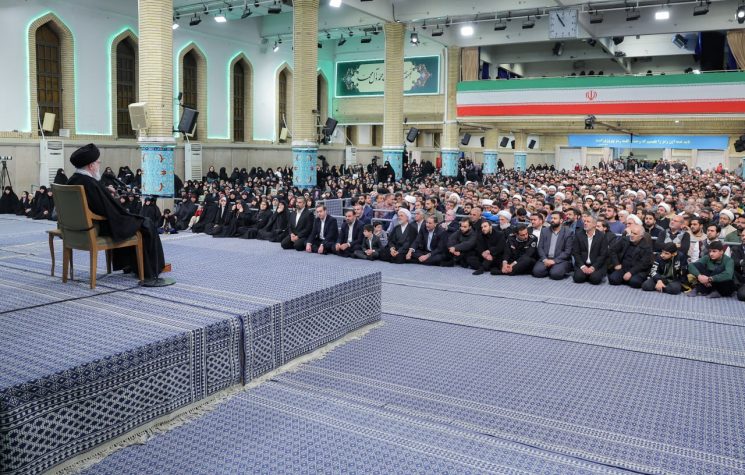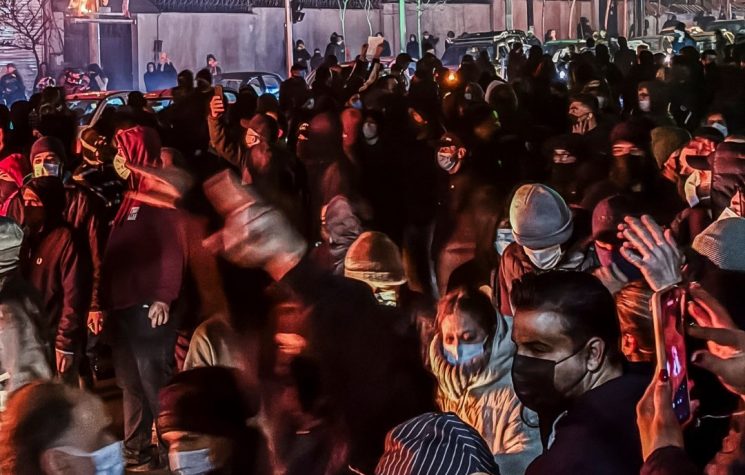For many in Denmark, the agreement represents a compromise of neutrality, national sovereignty, and the principles of rule of law.
Join us on Telegram![]() , Twitter
, Twitter![]() , and VK
, and VK![]() .
.
Contact us: info@strategic-culture.su
Despite widespread public protests and strong legal objections from experts, the Danish Parliament (Folketing) has approved a law allowing the United States to establish permanent military bases on Danish soil. The vote passed with 95 MPs in favor, 11 against, and one abstention, effectively granting the U.S. military access to three key airbases.
Denmark has opened the Skrydstrup, Karup, and Aalborg airbases to U.S. forces. Skrydstrup Air Base serves as the main combat wing of the Royal Danish Air Force. Karup, spanning over 3,000 hectares, is Denmark’s largest airbase. Aalborg functions both as a civilian airport and military installation and houses aircraft such as the C‑130 and Challenger.
According to reports in the Danish media, not a single minister from the government bloc took the floor during the parliamentary debate to defend the agreement. Only representatives from the Red-Green Alliance (Enhedslisten), the Alternative party, and independent MP Theresa Scavenius spoke out, emphasizing the deal’s potential breaches of democratic norms and legal principles.
Trine Pertou Mach, defense spokesperson for the Red-Green Alliance, criticized the agreement stating, “Denmark is becoming part of the U.S. military empire.” She also pointed out that the agreement cannot be terminated for 10 years, raising concerns that Denmark’s sovereignty over its defense policy could be weakened.
One of the most contentious aspects of the agreement is its constitutionality. International law professor Frederik Harhoff from the Danish Institute for Human Rights told local media that the agreement may violate Article 20 of the Danish Constitution. This article stipulates that sovereignty can only be delegated to international organizations like NATO or the EU—not to the national authorities of a single foreign country like the U.S.
Peter Vedel Kessing from the Human Rights Institute commented, “If a foreign country’s military is given authority on Danish soil, this not only violates the constitution but also undermines the fundamental concept of statehood.”
One of the most disputed clauses of the agreement is Article 6, which grants the U.S. military the right to use “all necessary authorities,” without clarifying what these powers entail. It remains unclear whether U.S. military police will be allowed to exercise judicial or coercive authority over Danish citizens.
The agreement has ignited protests across Denmark, particularly in major cities like Copenhagen. Demonstrators marched under slogans such as “Yankee go home” and “USA-baser – nej tak” (U.S. bases – no thanks).
Carsten Andersen, spokesperson for the Aarhus-based anti-war group Aarhus mod Krig og Terror (Aarhus Against War and Terror), stated: “If Trump decides to threaten Russia from these bases, or if Denmark blocks key straits to Russian vessels, it won’t be the U.S. that gets bombed—it’ll be Denmark.”
Lotte Rørtoft-Madsen, leader of the Communist Party, offered a blunt critique:
“I just watched the parliamentary session where the base agreement was approved. The entire debate lasted only 38 minutes. And in 38 minutes, the Danish Parliament gave the green light for the U.S. military to establish itself on our soil. This means three regions are now effectively under U.S. jurisdiction. American soldiers will be allowed to carry weapons and use force. This is a clear violation of the Danish Constitution. Not a single government party representative spoke during the debate.”
She also highlighted that American troops will have access to their own postal services, banking systems, and tax exemptions under the agreement, effectively creating a “parallel society” within Denmark.
This development is part of Washington’s broader strategy to reinforce NATO’s northern flank, increase its military presence in Europe, and counter Russia’s influence. However, for many in Denmark, the agreement represents a compromise of neutrality, national sovereignty, and the principles of rule of law.
The controversy is further inflamed by recent tensions over sovereignty issues in Greenland and the growing U.S. military footprint in the Arctic region—issues that had already strained Denmark’s internal political climate.
















































